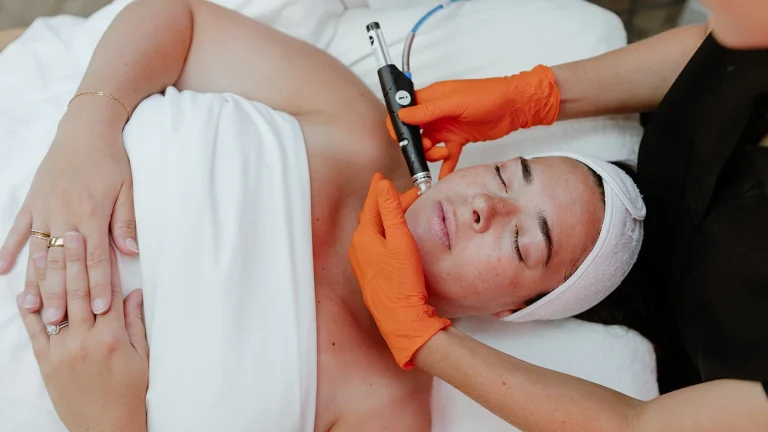Making Consultations
If one is considering getting Denver dental implants, the first thing to do is to consult a seasoned oral health professional in the area. The doctor may recommend a comprehensive dental exam that includes x-rays of the mouth and evaluating models of the dental structure. Following the evaluation process, the doctor will be in a good position to recommend the best dental implants, and what the next course of action would be. The doctor will also mention which medical conditions might complicate the surgery, and talk about the process of recovery. One should consider how many implants they would need. This would determine the type of implant that would be appropriate for them, including the cost of the surgery, and length of the procedure. If the patient wants multiple teeth restored, they might consider having a bridge installed rather than individual dental implants.
Type of Implant

It would be wise for a patient to consider which dental implants would work best for them as there are many types available. The implants would be surgically installed along the jaw, underneath or on top of the gums. The most common type of dental implant is the endosteal implant, which requires surgical placement of blades, metal screws, and cylinders in the jaw. It can be used to hold one or more prosthetic teeth. With an endosteal implant, the gum is sliced open, and the implant is drilled into the jaw, after which the gums are closed. A subperiosteal implant is not as common today as it was before. It is used for patients who lack the necessary bone strength or jaw height required for an endosteal implant. Here, the implant is placed above the jaw, with metal running through the gums.
The Treatment Plan
As one prepares for the surgery, they should exhaustively discuss with the oral surgeon about what to expect and how they should prepare. Depending on the number of teeth being replaced, and the type of anesthesia used, the surgeon may recommend a change in one’s schedule and daily routine. It is important that a patient develop a treatment plan before walking in for surgery. A health specialist can help with this. The treatment plan will include details such as one’s medical history, type of implant they are receiving, their oral health, and the allocated timelines for the various procedures. The patient is likely going to work with several specialists such as a periodontist, personal doctor, dentist, and surgeon, and this plan would go a long way in assisting them in the course of the treatment.
Getting Home
One will need to set some time off work or school for surgery and recovery. Depending on the anesthesia and number of teeth being replaced, the various surgeries could take anywhere from a few hours to a few days. Talking to the oral surgeon can help one plan accordingly. If local anesthesia will be used, the doctor will likely recommend that the patient eat or drink nothing on the night and morning preceding the surgery. If one is sedated with food still in the stomach, it could cause problems. Lastly, one should make plans to have someone drive them home after the procedure because the general anesthesia may impair one’s ability to drive. A friend or family member can help with this or one can also arrange for a taxi.

















